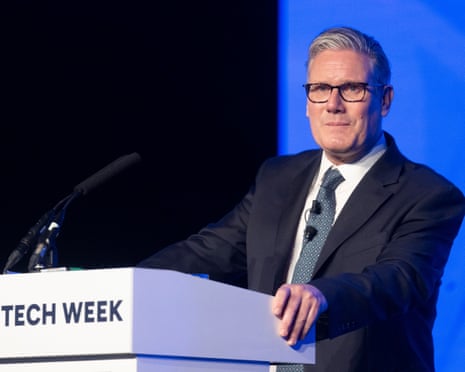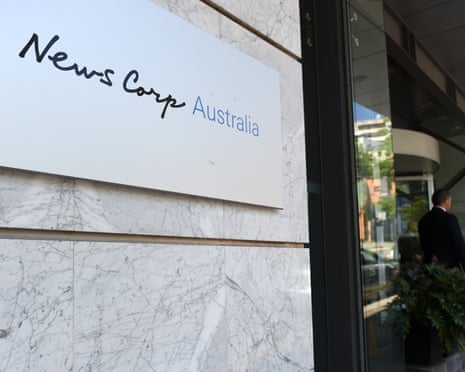Keir Starmer’s AI Tsar Resigns After Just Six Months: What’s Next for Tech Leadership?
Keir Starmer’s artificial intelligence advisor, a vital player in shaping the government’s stance on AI, is resigning after a six-month tenure. Matt Clifford, who authored the government’s AI opportunities action plan, announced he would depart next month due to personal reasons. He referred to his experience in drafting and implementing the comprehensive 50-point plan as a “privilege” and expressed optimism about the UK’s capacity to emerge as an AI superpower.
“For family reasons, I will be stepping back from my role as the Prime Minister’s advisor on AI opportunities at the end of July,” he stated, adding that he is pleased the critical work will persist within the government. A spokesperson for the government indicated that Starmer has appreciated Clifford’s “dedicated work” on AI policy. “We will build upon this foundation to enhance AI expertise across government and reinforce the UK’s position as a leader in AI,” the spokesperson affirmed.
Clifford gained recognition as a tech investor, serving as the chair of the investment firm Entrepreneurs First, and was already an influential political advisor before Labour triumphed in the 2024 general election. The 39-year-old was instrumental in organizing the global AI Safety Summit, hosted by Rishi Sunak in 2023, and played a key role in establishing the government’s AI Safety Institute, now known as the AI Security Institute.
In January, Clifford published the action plan, which was fully embraced by the government. Its recommendations included the creation of AI “growth zones” for data centers that serve as the “central nervous system” of AI technology, integrating AI into public services, and fostering “national champion” AI companies.
The action plan also proposed reforms to the UK’s copyright framework, highlighting the necessity for AI companies to utilize copyright-protected data for training their systems. This topic has ignited tensions between the government and the tech industry on one side, and the creative sectors on the other, which argue that these changes jeopardize the livelihoods of creative professionals.
Beeban Kidron, a crossbench peer and prominent advocate against the suggested copyright amendments, criticized the government for seeking advice from tech sector-associated advisors like Clifford. Reports disclosed that Clifford had committed to refraining from buying or selling shares in any of his part-owned companies while serving in the government, as well as abstaining from influencing new investments by Entrepreneurs First.






